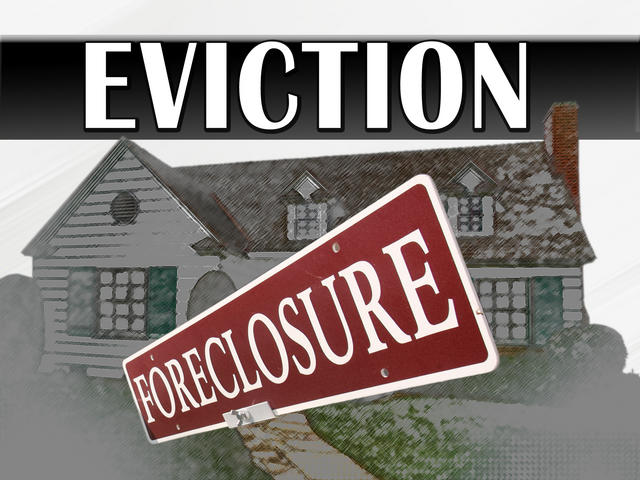 A recent article in the New York Times discusses the issue of landlords making cash offers to “buy out” tenants of their rent regulated tenancies. Our firm has handled these situations, representing both landlords and tenants in different transactions regarding such buyouts.
A recent article in the New York Times discusses the issue of landlords making cash offers to “buy out” tenants of their rent regulated tenancies. Our firm has handled these situations, representing both landlords and tenants in different transactions regarding such buyouts.
The reason behind such offers is the rent regulation system currently in place in New York City. Many, but not all, apartments in New York are subject to rent regulation. Rent regulation applies to apartments renting below a certain amount, but does not apply to rentals of a condominium or cooperative unit by its owner. Whether an apartment may be subject to rent regulation is a complicated issue and can be the subject of additional legal proceedings, with which our firm also has extensive experience.
Once an apartment is subject to rent regulation, a tenant residing therein has certain legal rights regarding their tenancy. The first right is the amount of the rent paid by the tenant. This amount is determined by an extremely complicated formula, in which the following factors are taken into account: the rent paid by the prior tenant, increased by a “vacancy allowance,” plus increases may be allowed for improvements made by the landlord to the apartment, such as the installation of new appliances, new windows, and so forth. Renewal leases are subject to particular limited on rent increases determined annually by the Rent Guidelines Board.
 New York Real Estate Lawyers Blog
New York Real Estate Lawyers Blog


 Memorial Day weekend is eagerly anticipated by many of our readers, especially this year after the harsh winter that we endured. Fortunate travelers expect to enjoy their vacation homes this weekend. As you head out for the weekend,
Memorial Day weekend is eagerly anticipated by many of our readers, especially this year after the harsh winter that we endured. Fortunate travelers expect to enjoy their vacation homes this weekend. As you head out for the weekend, 
 Our readers may have read a
Our readers may have read a  A
A  Some of our
Some of our  An article in
An article in  New York City’s population density inherently gives rise to noise complaints by cooperative neighbors.
New York City’s population density inherently gives rise to noise complaints by cooperative neighbors.  Our firm often fields inquiries from clients regarding residential lease situations. One common question relates to the right to renew an existing lease. This blog post will explain certain conditions which may apply to the renewal of a lease after it expires.
Our firm often fields inquiries from clients regarding residential lease situations. One common question relates to the right to renew an existing lease. This blog post will explain certain conditions which may apply to the renewal of a lease after it expires.  A
A